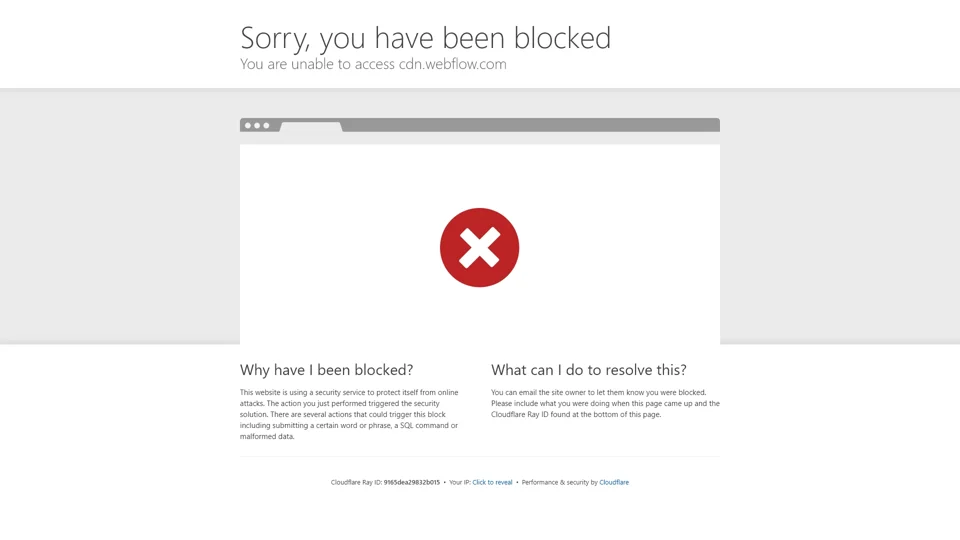What is SOC 2, HIPAA, ISO 27001, PCI, and GDPR Compliance?
SOC 2, HIPAA, ISO 27001, PCI, and GDPR compliance are frameworks and regulations designed to ensure that organizations manage data security, privacy, and protection effectively. These standards provide guidelines for businesses to follow in order to safeguard sensitive information, maintain customer trust, and comply with legal requirements. They are crucial for organizations across various industries, especially those handling personal data, financial information, or operating within regulated sectors.
Main Features of Compliance Frameworks
-
Automated Compliance: Streamline and automate compliance processes, reducing manual work and ensuring continual adherence to standards.
-
Continuous Monitoring: Implement real-time monitoring to detect and address potential security threats promptly.
-
Risk Management: Identify, assess, and mitigate risks associated with data handling and storage.
-
Vendor Risk Management: Ensure third-party vendors comply with security standards, reducing overall risk exposure.
-
Comprehensive Frameworks: Cover multiple compliance standards such as SOC 2, HIPAA, ISO 27001, PCI, and GDPR, offering a robust security strategy.
-
Trust Management: Build and demonstrate trust through transparent reporting and compliance certifications.
How to Implement Compliance Frameworks
-
Assess Current Practices: Evaluate your organization's existing data security and privacy measures.
-
Choose a Compliance Platform: Utilize a platform like Vanta to automate compliance processes and streamline audits.
-
Gap Analysis: Identify areas where your current practices fall short of compliance requirements.
-
Implement Controls: Execute necessary controls and policies to meet compliance standards.
-
Ongoing Monitoring: Continuously monitor and update your compliance posture to adapt to new regulations and threats.
Pricing for Compliance Services
Pricing for compliance services varies based on the platform and the scale of your organization. Many providers offer tiered pricing models:
-
Basic Plans: Suitable for small businesses or startups, typically starting from a few hundred dollars per month.
-
Advanced Plans: For mid-sized companies needing more comprehensive features, priced around $1,000 to $5,000 per month.
-
Enterprise Solutions: Custom pricing for large organizations with complex compliance needs.
Helpful Tips for Compliance Management
-
Stay Informed: Regularly update your knowledge on the latest compliance regulations and standards.
-
Leverage Technology: Use automation tools to simplify and enhance your compliance efforts.
-
Employee Training: Ensure all staff understand compliance requirements and their roles in maintaining security.
-
Continuous Improvement: Regularly review and improve your compliance strategies to keep pace with evolving threats.
-
Third-Party Audits: Consider external audits to validate your compliance and identify areas for improvement.
Frequently Asked Questions
-
What Compliance Frameworks Are Available?
- Common frameworks include SOC 2, HIPAA, ISO 27001, PCI, GDPR, and HITRUST.
-
How Does Automation Aid Compliance?
- Automation streamlines processes, reduces errors, and provides continuous monitoring, ensuring ongoing compliance.
-
Why is Compliance Important?
- Compliance protects sensitive data, builds customer trust, and avoids legal penalties.
-
What Are the Benefits Beyond Security?
- Compliance can enhance reputation, improve operational efficiency, and ensure business continuity.
-
How to Choose the Right Compliance Framework?
- Select frameworks that align with your industry, data types, and regulatory requirements.
-
Can Compliance Be Outsourced?
- Yes, many organizations outsource compliance to third-party providers for expertise and efficiency.
-
How Often Should Compliance Be Audited?
- Regular audits are essential; frequency depends on the framework and organizational changes.
-
What Happens in a Compliance Audit?
- Audits involve reviewing policies, controls, and processes to ensure they meet specific standards.
-
How Long Does Compliance Certification Take?
- Certification timelines vary, typically ranging from months to over a year, depending on the framework and complexity.
-
Can Small Businesses Achieve Compliance?
- Absolutely, with the right tools and guidance, small businesses can implement necessary compliance measures.
By understanding and implementing these frameworks, organizations can safeguard their data, maintain trust, and ensure regulatory compliance effectively.
